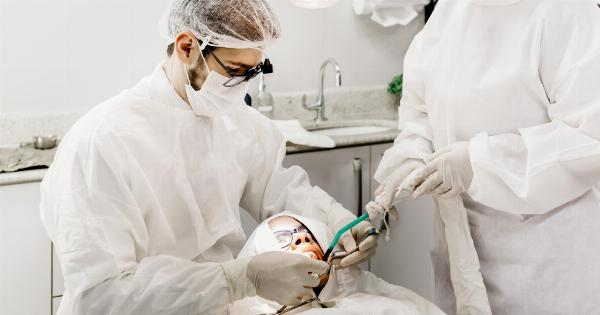Mediterranean Anemia, also known as Thalassemia, is a hereditary blood disorder that affects the production of hemoglobin, which is responsible for carrying oxygen throughout the body.
This genetic condition primarily affects individuals of Mediterranean, Middle Eastern, and Asian descent. It is estimated that hundreds of thousands of people worldwide suffer from this debilitating disorder.
Challenges in Treating Mediterranean Anemia
Traditionally, the treatment options available for Mediterranean Anemia patients have been limited. These options include blood transfusions and iron chelation therapy to manage symptoms and prevent complications.
However, these treatments only provide temporary relief and come with their own set of challenges, such as the risk of infections and iron overload.
A Promising Genetic Method Emerges
Recently, a groundbreaking genetic method has emerged, bringing renewed hope to individuals affected by Mediterranean Anemia.
This innovative technique involves gene therapy, a field that aims to replace or repair faulty genes responsible for causing genetic disorders.
The Gene Therapy Approach
Gene therapy involves introducing healthy genes into the patient’s body to compensate for the defective genes causing their disorder.
In the case of Mediterranean Anemia, the faulty genes responsible for the abnormal hemoglobin production are targeted.
Revolutionizing Treatment
This new genetic method holds immense potential for revolutionizing the treatment of Mediterranean Anemia. Unlike traditional approaches, gene therapy aims to address the root cause of the disorder rather than merely managing symptoms.
By replacing the faulty genes with healthy ones, gene therapy offers the possibility of a permanent cure for this otherwise incurable condition.
Successful Clinical Trials
Preliminary clinical trials have shown promising results for gene therapy in the treatment of Mediterranean Anemia. These trials involved introducing a functional copy of the faulty gene into the patient’s bone marrow cells.
The modified cells were then infused back into the patient’s bloodstream.
Positive Outcomes
The outcomes of these initial trials have been nothing short of remarkable.
Patients who received the gene therapy demonstrated improved production of healthy hemoglobin, reducing the need for frequent blood transfusions and lowering the risk of complications associated with the disorder.
Long-term Implications
If further trials confirm the efficacy and safety of this genetic method, it could have long-term implications for the treatment of Mediterranean Anemia.
Patients could potentially live a life free from the burden of frequent transfusions and the associated risks.
Addressing the Limitations
While gene therapy brings hope to Mediterranean Anemia patients, challenges remain. One significant limitation is the high cost associated with developing and delivering gene therapies.
Additionally, the long-term effects and potential risks of gene therapy are still being studied, and further research is required to optimize its effectiveness and minimize any negative impacts.
A Collaborative Effort
Developing and implementing this new genetic method requires close collaboration between scientists, healthcare providers, and regulatory authorities.
To ensure the safety and efficacy of gene therapy, rigorous testing and regulatory approval processes are essential.
The Future of Mediterranean Anemia Treatment
With the introduction of this novel genetic method, the treatment landscape for Mediterranean Anemia patients holds great promise.
The hope is that in the near future, gene therapy will become a mainstream treatment option, offering these individuals a chance at a better quality of life, free from the limitations imposed by their genetic disorder.































